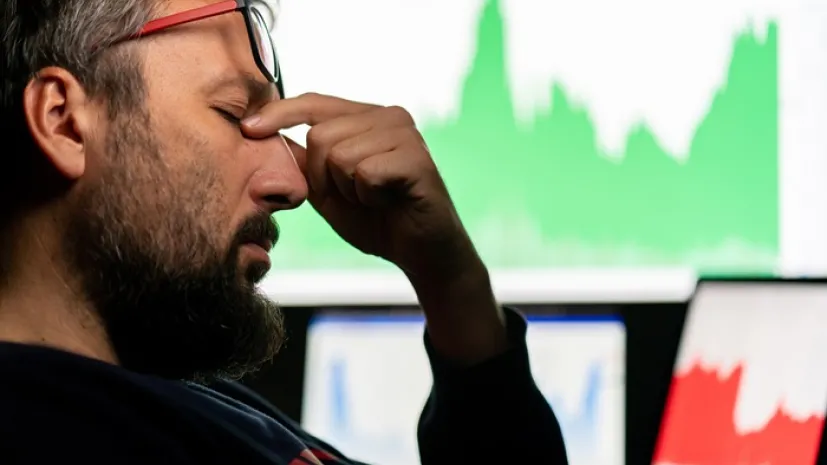-

International study finds online relationships less satisfying than traditional meetings
A recent international study reveals that people who met their romantic partners through traditional, offline means tend to report slightly higher satisfaction in their relationships compared to those who met online.
-

Polish astronaut is ‘strong candidate’ for European Astronaut Corps, says ESA chief
Polish astronaut Sławosz Uznański-Wiśniewski is an “exceptionally strong candidate” for active membership in the European Astronaut Corps, European Space Agency (ESA) Director General Josef Aschbacher has told the Polish Press Agency (PAP).
-

Viral DNA triggers autoimmunity when unchecked, study finds
A large portion of the human genome is made up of viral remnants, genetic material left behind by ancient infections. New research published in Cell Reports reveals that when these sequences become overactive, they can trigger autoimmune diseases.
-

‘The real work is just beginning’ says Polish astronaut after return to Earth
Polish astronaut Sławosz Uznański-Wiśniewski has said there is “an incredible amount of work to do” following his return from the International Space Station (ISS), marking the end of a historic 20-day space mission.
-
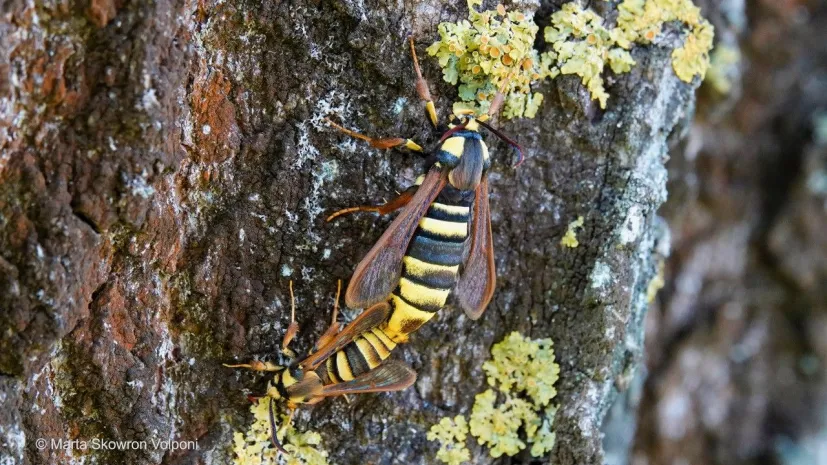
Hornet moth mimics buzz and appearance of hornets to scare off predators, study finds
The hornet moth (Sesia apiformis) has evolved not only to look like a hornet but also to sound like one, a rare form of mimicry that fools predators into keeping their distance. According to new research led by Dr. Marta Skowron Volponi from the University of Białystok, the moth’s acoustic camouflage is so effective that robins—the study’s test predators—reacted to it almost exactly as they would to a real hornet.
-
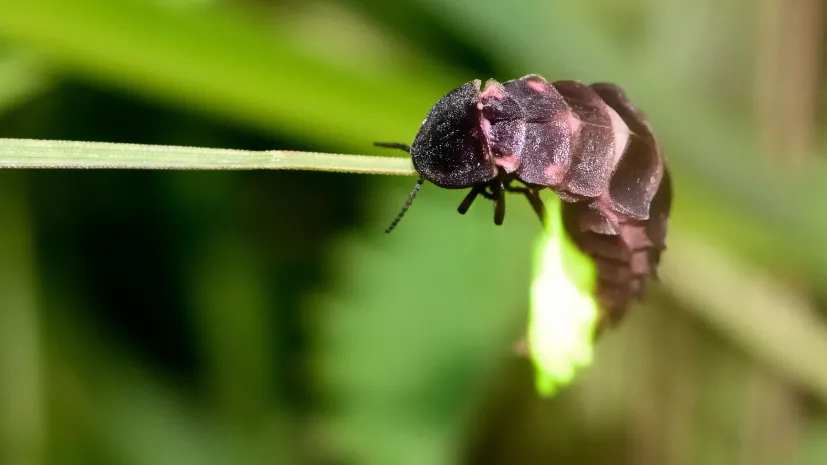
Fireflies may disappear within decades, warns naturist
Firefly populations in Poland have dropped by 30 to 70 percent over recent decades raising concerns that the insects could soon disappear entirely, says naturist Mikołaj Siemaszko.
-
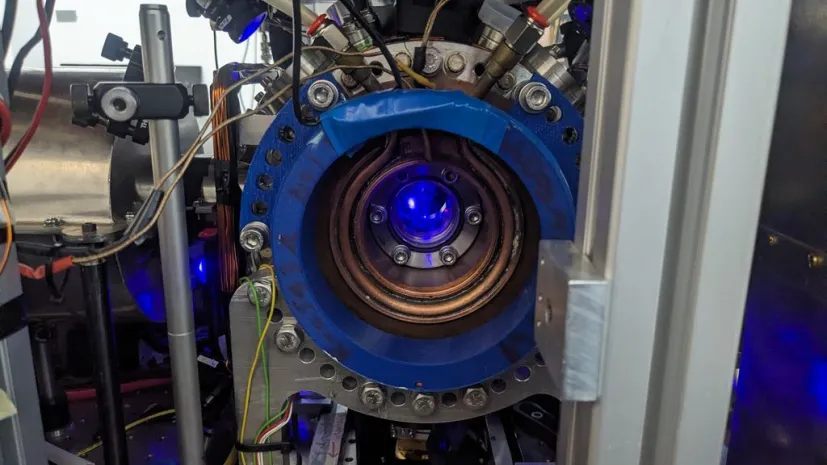
Poland and Germany create fibre-optic 'time bridge’ with atomic clock connection
Poland and Germany have completed the first international fibre-optic link for comparing ultra-precise time measurements between laboratories, marking a significant step toward building a pan-European timekeeping network.
-
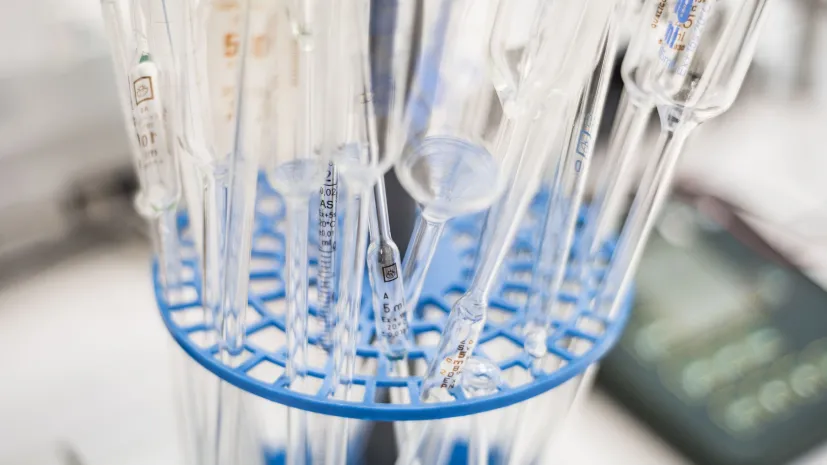
Ammonia fuels tumor growth by disabling immune cells, Polish study finds
A team of researchers led by Dr. Magdalena Winiarska from the Institute of Experimental and Clinical Medicine of the Polish Academy of Sciences has shown that ammonia accumulating in solid tumours suppresses the body’s immune response, aiding cancer growth and reducing the effectiveness of immunotherapy.
-
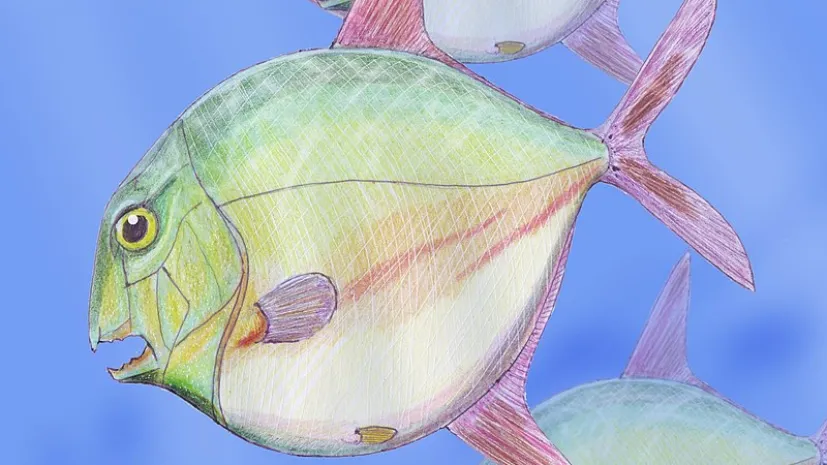
Palaeontologists describe Poland's first 'cousin' of parrotfish from age of dinosaurs
Palaeontologists from the University of Warsaw and the Polish Geological Institute – National Research Institute have described the first known Jurassic-era representative of the pycnodont fish group from Poland — a distant evolutionary relative of today’s parrotfish. The fossil dates back approximately 148 million years to the age of dinosaurs.

